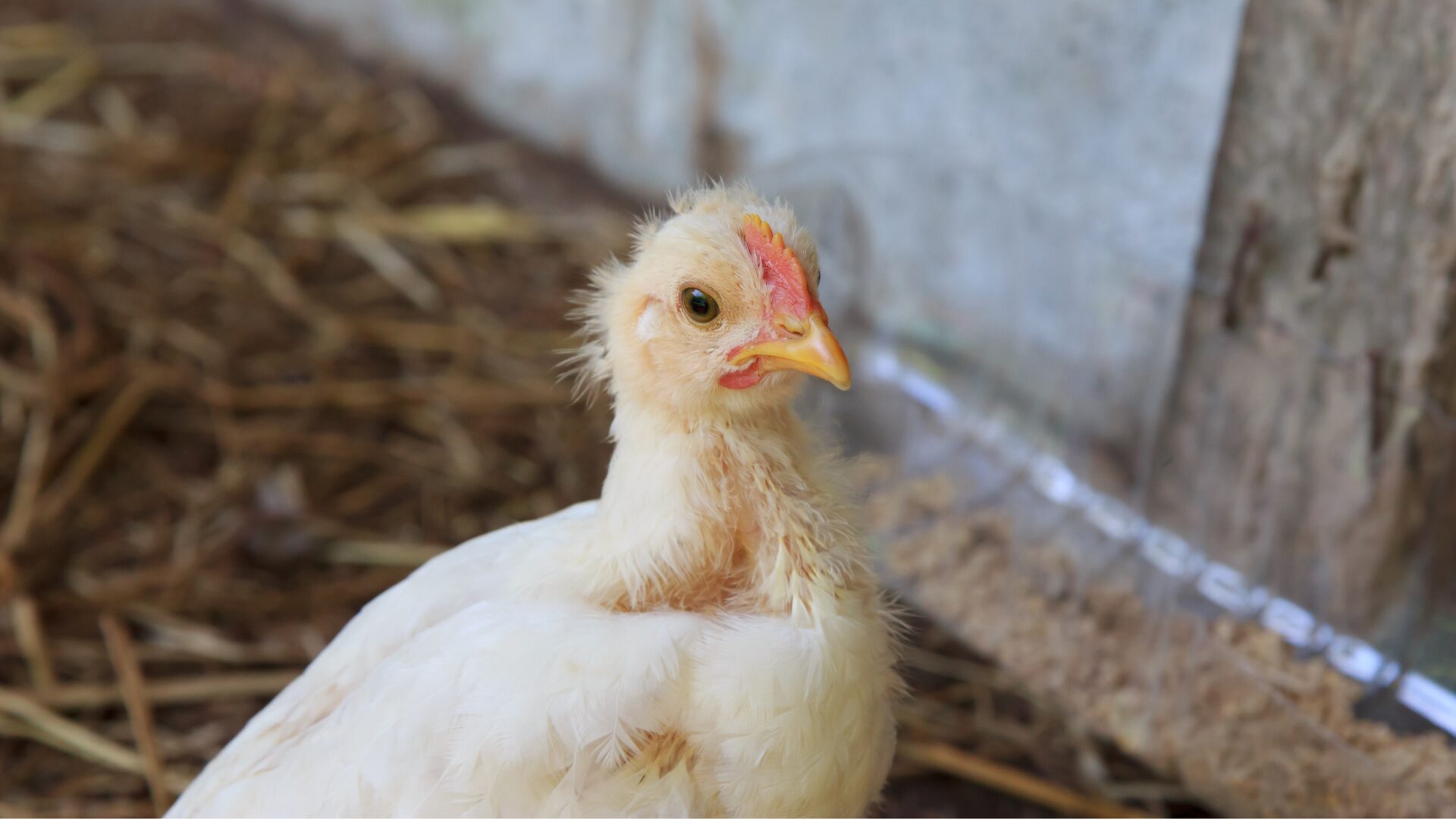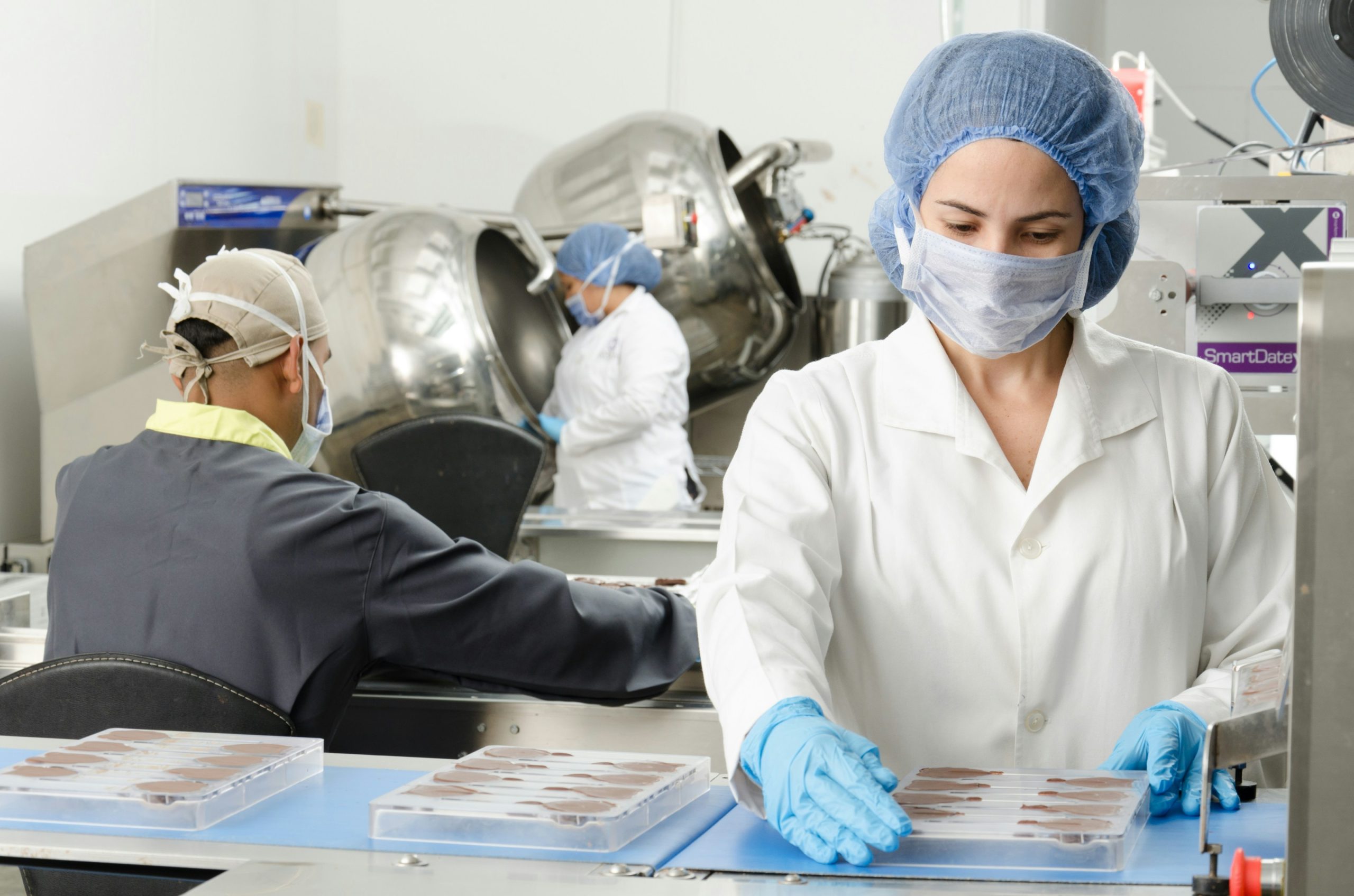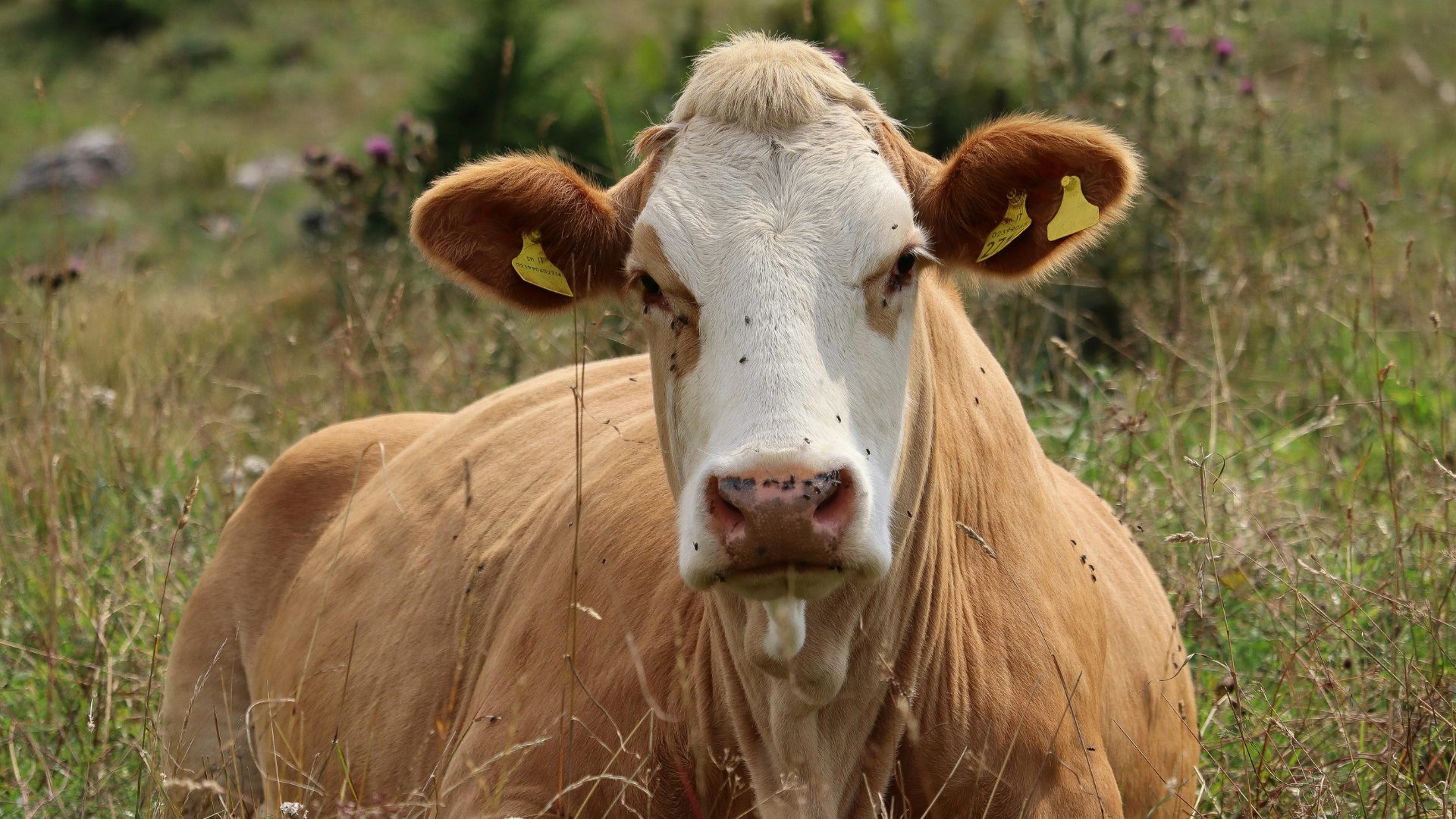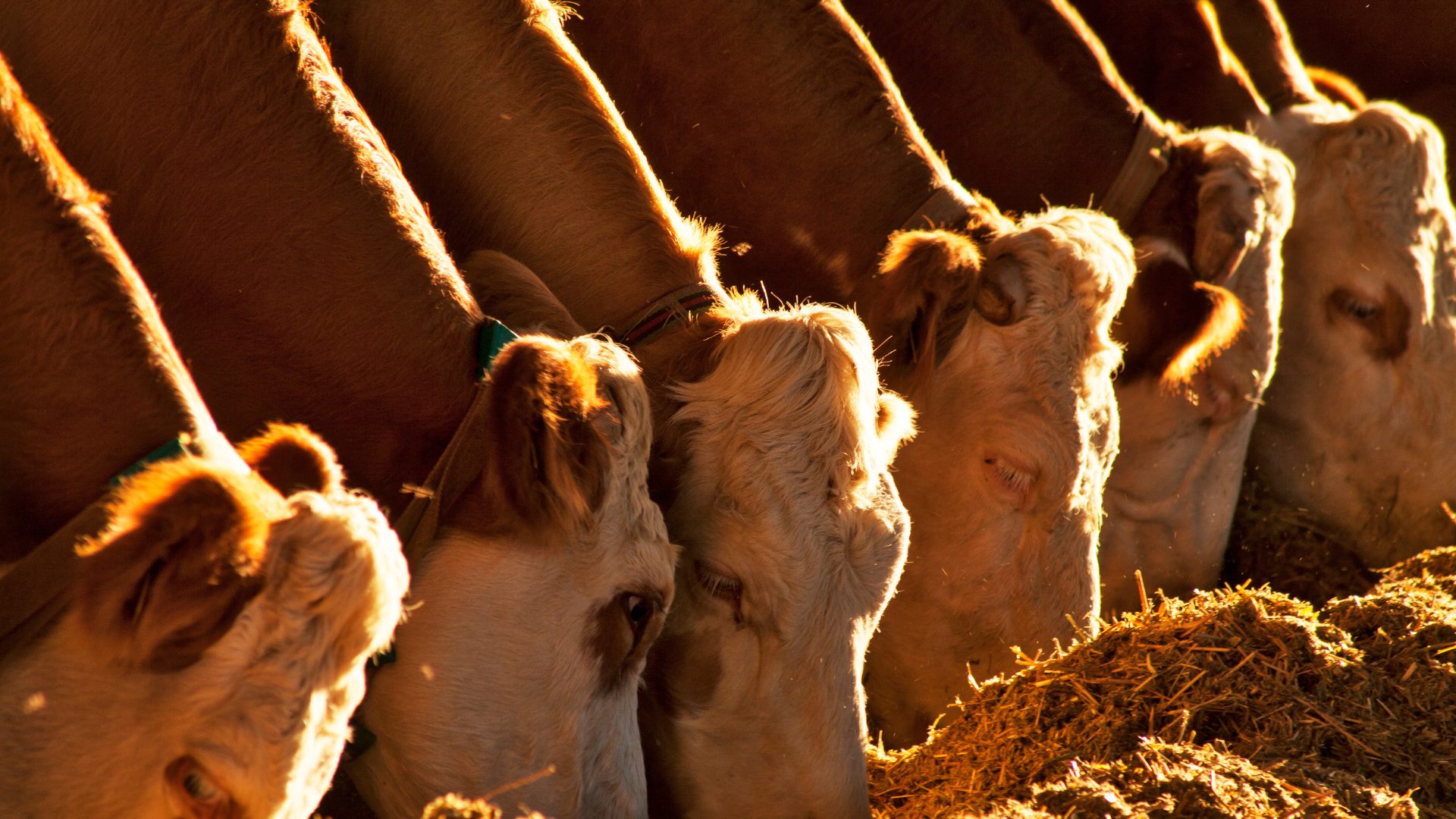Instead of slaughtering millions of chickens to contain bird flu, a Trump administration official is pushing vaccination and better biosecurity. The comments came just days after Zoetis announced it had received conditional approval from the USDA Center for Veterinary Biologics for its H5N2 subtype avian influenza vaccine. At the same time, Turkey announced it has begun exporting 15,000 tons of eggs to the U.S. to relieve shortages caused by the virus, Reuters reported.
Ibrahim Afyon, head of the Egg Producers Central Union in Turkey, said the shipments will continue at least through June.
Kevin Hassett, director of the National Economic Council, told CBS’s “Face the Nation” the Biden administration didn’t really have a plan for combatting avian influenza, which has pushed the price of eggs to record levels.
“[W]hat we need to do is have better ways, with biosecurity and medication and so on, to make sure that the perimeter doesn’t have to kill the chickens, have a better, smarter perimeter. … And, by the way, it’s spread mostly by ducks and geese,” Hassett said. “And so, think about it. They’re killing chickens to stop the spread, but chickens don’t really fly. The spread is happening from the geese and the ducks.”
“And so why does it make any sense to have a big perimeter of dead chickens, when it’s the ducks and the geese that are spreading it?”
The Animal and Plant Health Inspection Service estimates 150 million birds have been affected since February 2022.
Zoetis said it has updated the bird flu vaccine it developed during a previous outbreak.
“We first worked on HPAI [highly pathogenic avian influenza] vaccines in 2001-02 when outbreaks occurred in flocks in Southeast Asia,” Mahesh Kumar, Zoetis vice president for global biologics research and development, said in a press release. “Our readiness with this most recent vaccine is another example of how we continue to live our purpose to nurture the world and humankind by advancing care for animals, ultimately providing solutions to global animal health challenges.”
So far, at least 68 people have contracted bird flu either from exposure to infected birds or dairy cattle, according to Centers for Disease Control and Prevention. A CDC study found the number of cases may be severely underreported amid evidence veterinarians are exhibiting antibodies to the disease.
In other news:
USDA firings: NBC News reported USDA accidentally fired employees actively involved in containing bird flu but was moving to correct the situation. The report said “several” fired employees worked in the Food Safety and Inspection Service.
Politico reported layoffs also hit 58 facilities involved in laboratory testing standards. The report said 25% of the staff involved was dismissed.
“They’re the front line of surveillance for the entire outbreak,” Keith Poulsen, director of the Wisconsin Veterinary Diagnostic Laboratory, told Politico. “They’re already underwater and they are constantly short-staffed, so if you take all the probationary staff out, you’ll take out the capacity to do the work.”
Rep. Don Bacon, R-Neb., a member of the Agriculture Committee, told NBC News Elon Musk’s DOGE team needs to be more careful.
“There’s an old saying, ‘Measure twice, cut once.’ Well, they are measuring once and having to cut twice. Some of this stuff they’re going to have to return back. I just wish they’d make a better decision up front,” Bacon said.
Salty soil: As sea levels rise, making fresh water streams, rivers and agricultural lands saltier, and depressing crop yields, Scientific American reports cultivating halophytes might be the answer. The plants are endemic to salt marshes and the Dutch have been eating salicornia, a type of halophyte, also known as sea beans or samphire, for centuries.
Scientific American said there are more than 7,000 types of halophytes, which are rich in antioxidants and anti-inflammatory compounds. They also have anticarcinogenic and antimicrobial properties, and have been used for food, medicine and fuel for millennia.
The Food Institute Podcast
When it comes to data in the food-away-from home sector, what are the major challenges and opportunities companies are facing today? Tibersoft’s Chris Hart joined The Food Institute Podcast to discuss how collaboration and data interoperability will be a key theme for the foodservice sector in the years to come.












